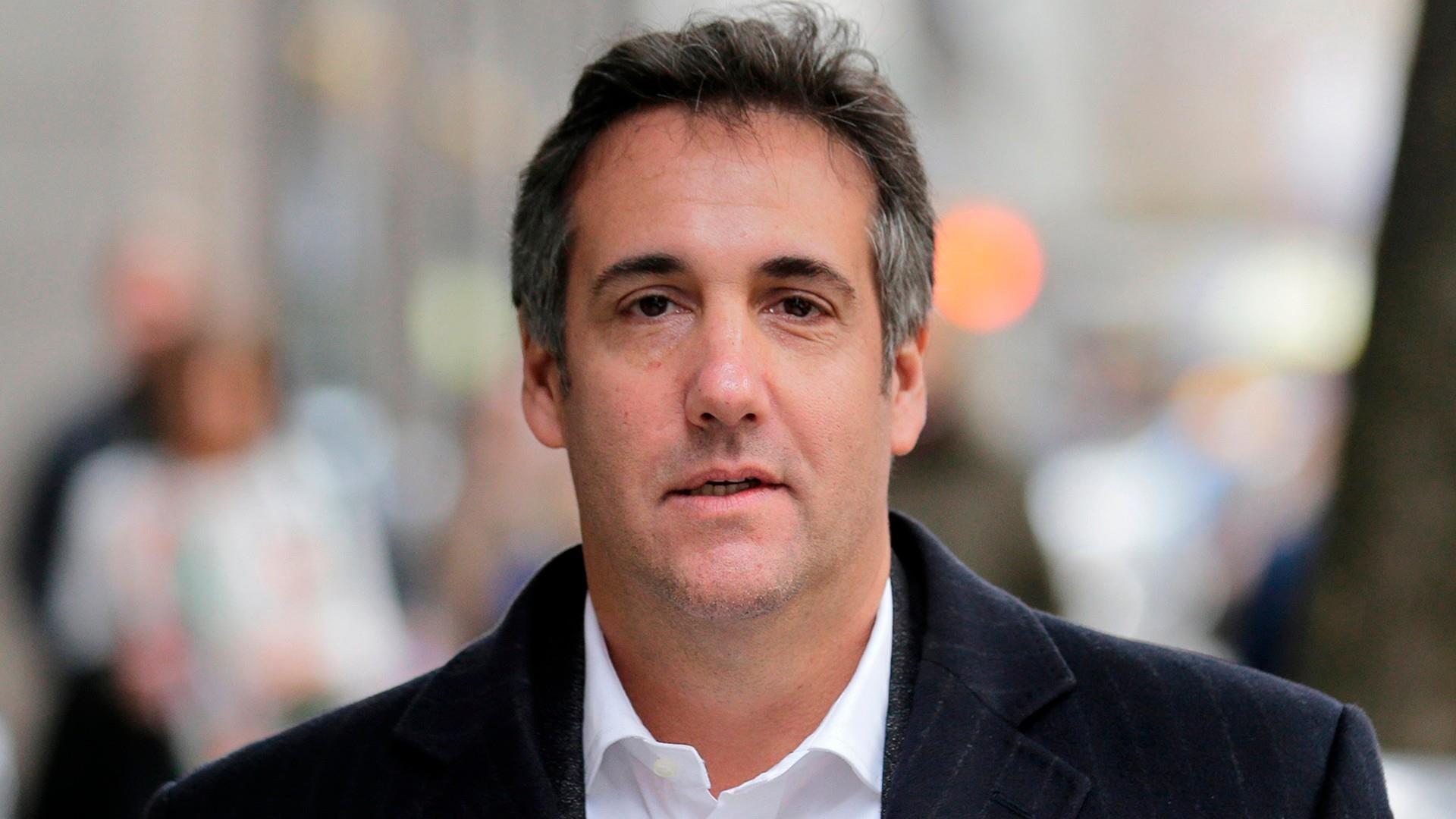WASHINGTON — Special counsel Robert Mueller’s office and President Donald Trump’s legal team are now proceeding with strategies that presume a presidential interview will likely not take place as part of the Russia investigation, after months of talks between the two sides collapsed earlier this week, according to multiple people familiar with the matter.
On Monday Trump’s lawyers were discussing a possible interview with Mueller's team and had begun to hash out the final sticking points, including the timing, scope and length, according to people familiar with the discussions. One person familiar with the strategy said the president’s lawyers had sought over the weekend to expand his legal team to include individuals who would prepare him for an interview. Another person familiar with the matter, however, said preparations had not yet gone that far.
But the prospects for a presidential interview drastically dimmed once the FBI raided the home, office and hotel room of Trump’s long-time personal lawyer, Michael Cohen on Monday, these people said. The president criticized the raid as out of bounds in Mueller’s investigation into Russia’s interference in the 2016 election and possible collusion with Trump aides.
The president’s lawyers wanted any interview to last only a few hours, according to one person familiar with the matter. They also wanted Mueller to agree to write a report within at least three or four months after completing the interview, this person said.
Prior to Monday’s raid, Mueller’s team had been aiming to finalize a report on its findings on whether the president has tried to obstruct justice in the Russia investigation in the coming months, as early as May or as late as July, three sources said. That timeline hinged in part on reaching a decision on a presidential interview, these people said. One person familiar with the investigation described a decision on an interview as one of the last steps Mueller was seeking to take before closing his investigation into obstruction.
Now, according to two sources, Mueller’s team may be able to close the obstruction probe more quickly as they will not need to prepare for the interview or follow up on what the president says.
The raid on Cohen “significantly complicated” any negotiations for the president’s legal team, according to a person familiar with the discussions, who also cautioned that “you never say never” in terms of a possible interview. This person said the president’s legal team is still in frequent contact with Mueller’s team on other issues related to the investigation.
White House Counsel Ty Cobb said it was “untrue” that talks had broken down.
Three sources familiar with the investigation said the findings Mueller has collected on Trump’s attempts to obstruct justice include: His intent to fire former FBI Director James Comey; his role in the crafting of a misleading public statement on the nature of a June 2016 Trump Tower meeting between his son and Russians; Trump’s dangling of pardons before grand jury witnesses who might testify against him; and pressuring Attorney General Jeff Sessions not to recuse himself from the Russia investigation.
Mueller would then likely send a confidential report to Deputy Attorney General Rod Rosenstein, who is overseeing the Russia investigation. Rosenstein could decide whether to make the report public and send its findings to Congress. From there, Congress would then decide whether to begin impeachment proceedings against the president, said two of the sources.
Rosenstein met with the president at the White House on Thursday. A White House official told reporters the meeting was about "routine department business." A Justice Department spokeswoman said it was part of a scheduled meeting with officials from other agencies as well as DOJ.
The special counsel’s office declined to comment on this report or whether it would seek to subpoena Trump to testify before a grand jury.
Since the FBI raid seizing Cohen’s documents and electronics, Trump has soured on the idea of sitting for an interview with Mueller, people familiar with his thinking said. Trump’s lawyers were wary of him agreeing to a sit-down, but in the days before the raid they had started initial preparations for Trump to take part in a possible interview in part because the president could overrule their advice, people familiar with the discussions said.
Prior to the FBI raid on Cohen, Trump’s legal team also had been preparing various approaches depending on how discussions with Mueller concluded, people familiar with the matter said.
If Trump were to decline a voluntary interview, his legal team discussed making the case that a sitting president can’t be subpoenaed, according to people familiar with the discussions. The argument hinges on the idea that a sitting president can’t be indicted, with Trump’s lawyers surmising that if a president can’t be indicted he can’t be subpoenaed.
Two people familiar with the investigation said they expect a flurry of activity from Mueller’s office on the investigation in the next six weeks around the anniversary of his appointment as special counsel.
It’s unclear what other top Trump aides Mueller has left to interview. He still hasn’t requested an interview with Vice President Mike Pence and may be unlikely to do so, two people familiar with the matter said. Trump’s son-in-law and senior White House adviser, Jared Kushner, and Donald Trump Jr. have both been focuses of the investigation.
Mueller has indicted Paul Manafort, Trump’s former campaign chairman, and secured plea deals and cooperation agreements from Trump's former national security adviser Michael Flynn and campaign aide Rick Gates, as well as Russian individuals and others accused of lying to the FBI or helping Russia interfere in the U.S. presidential election in 2016.

No comments:
Post a Comment